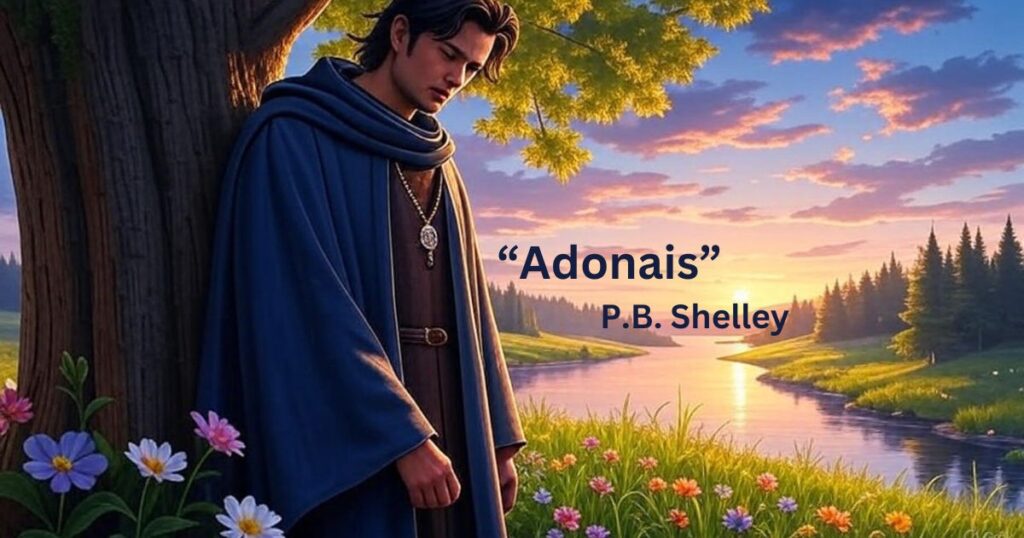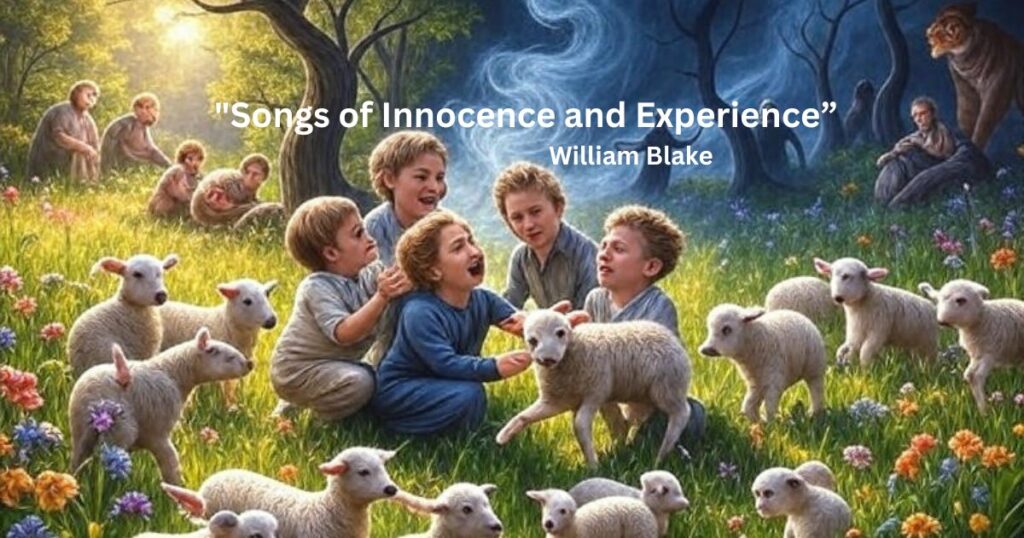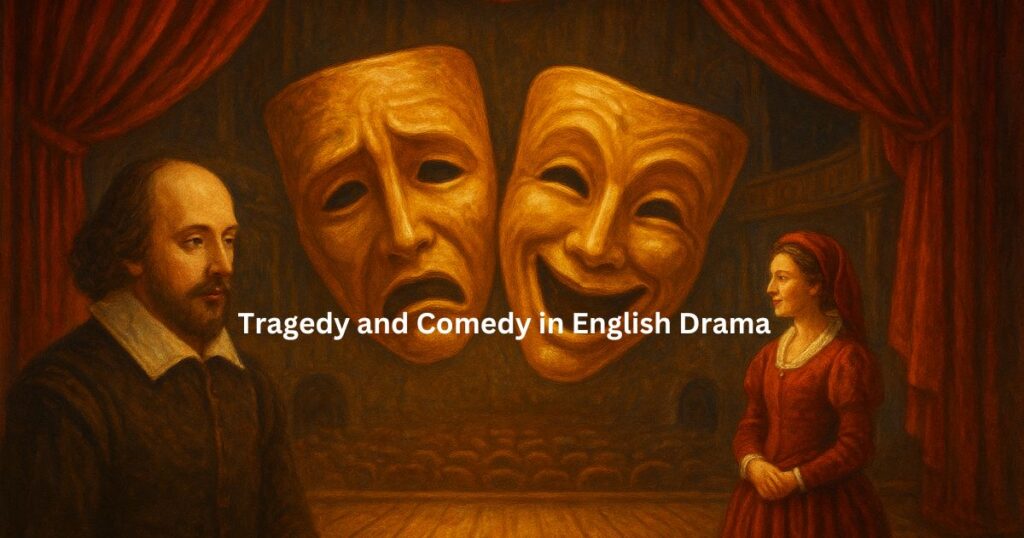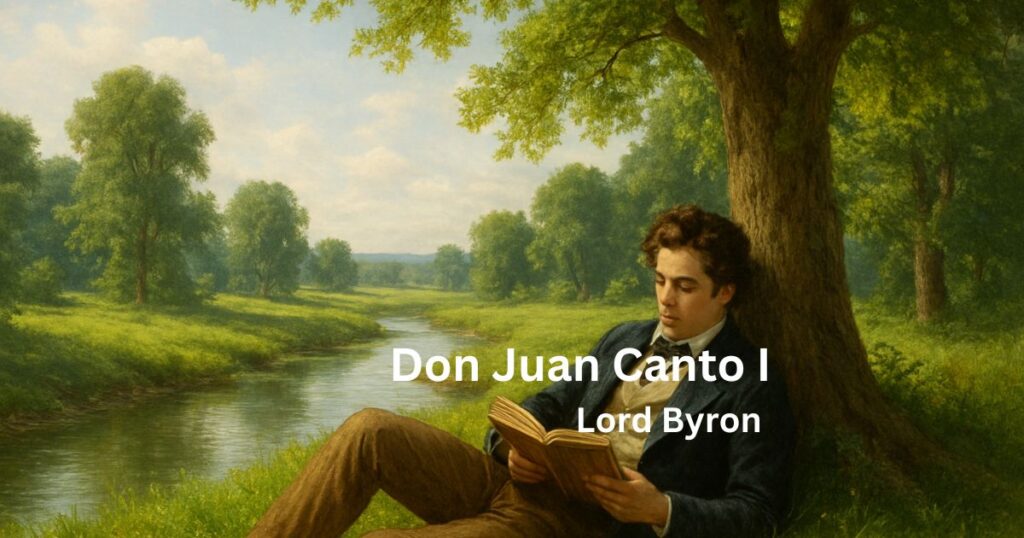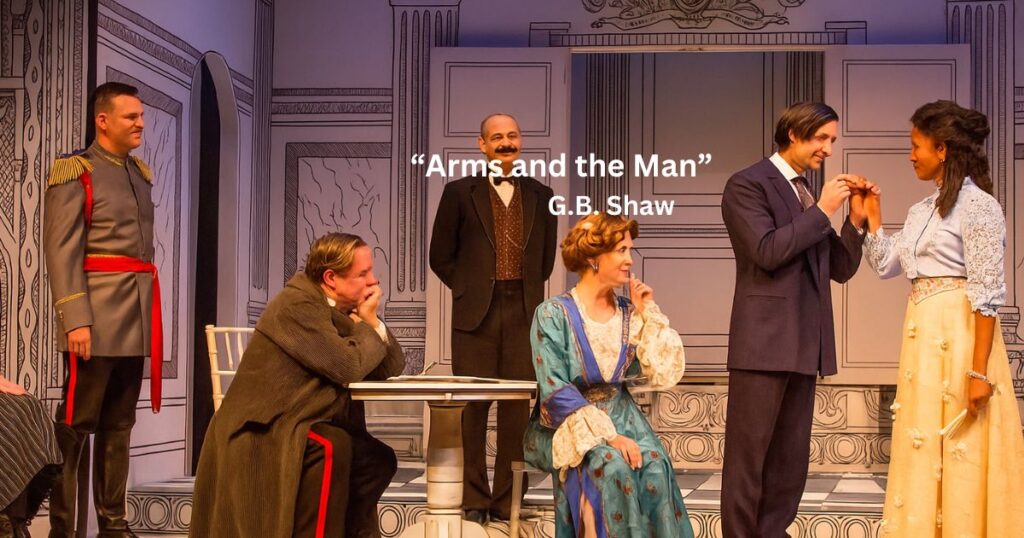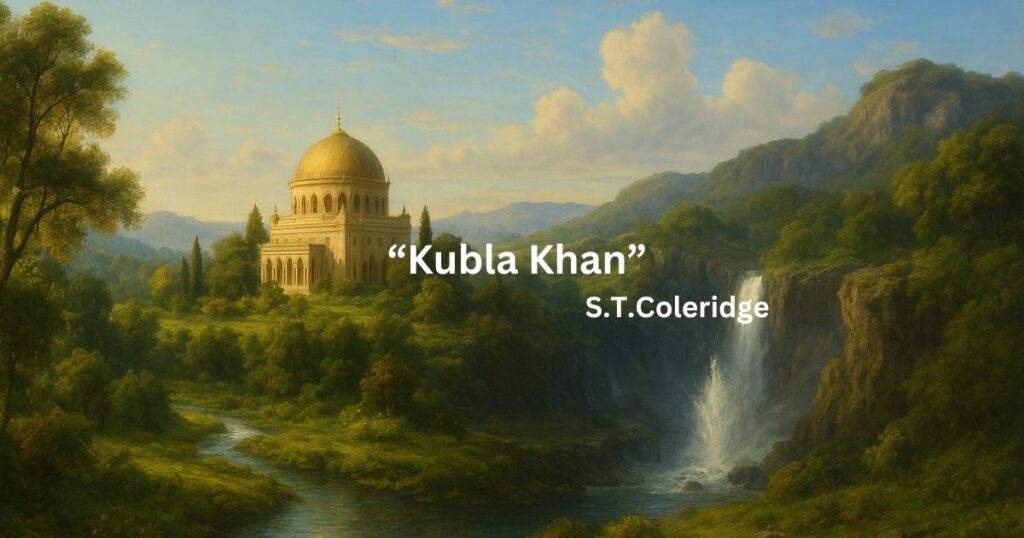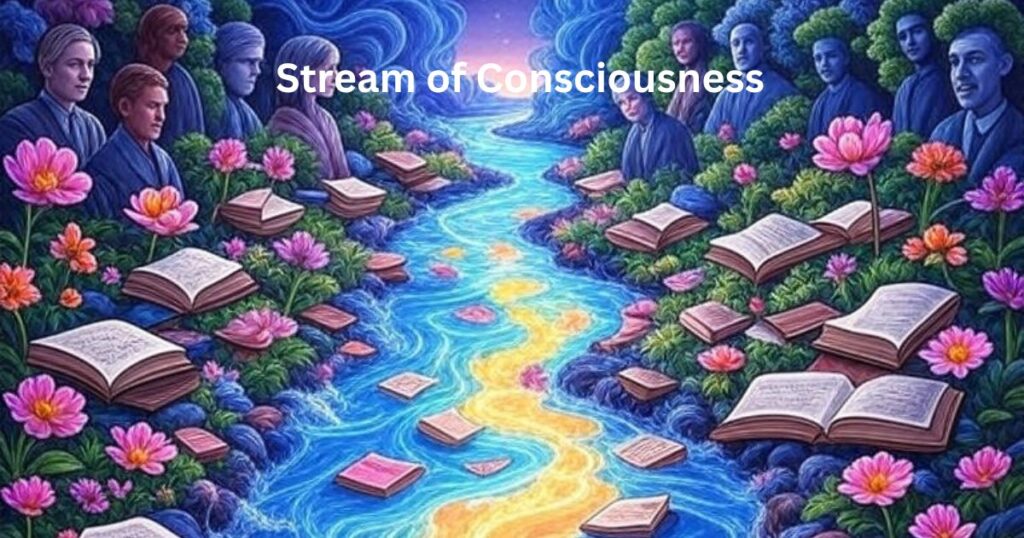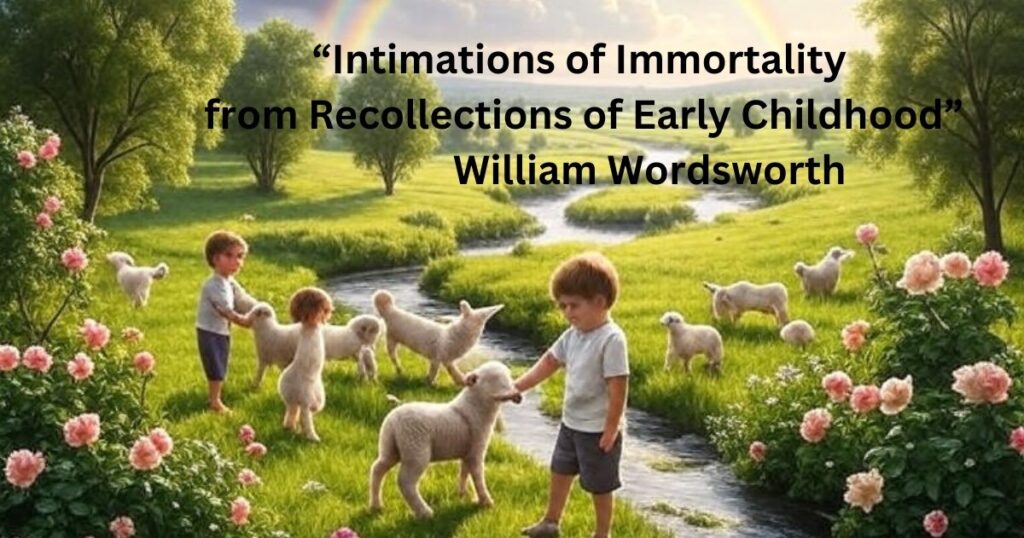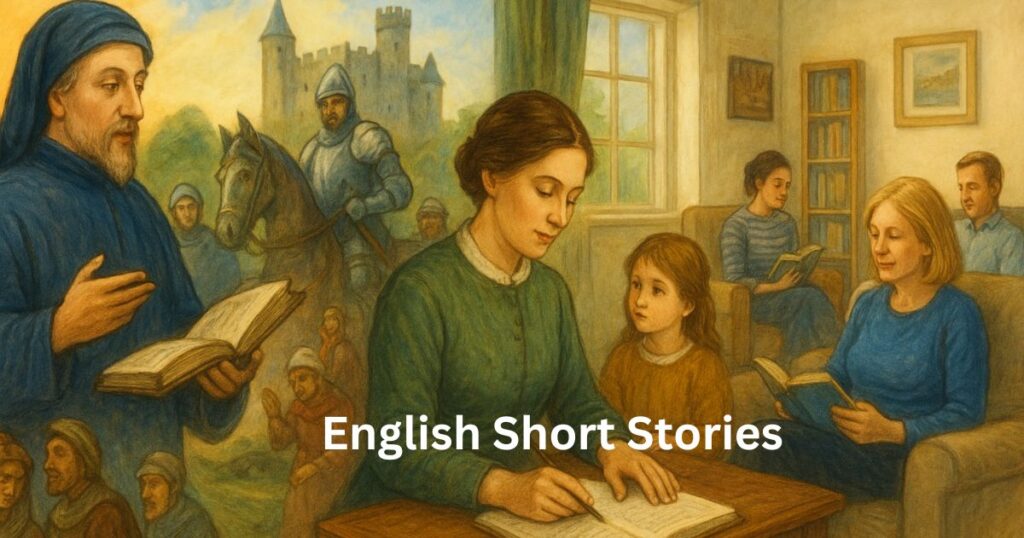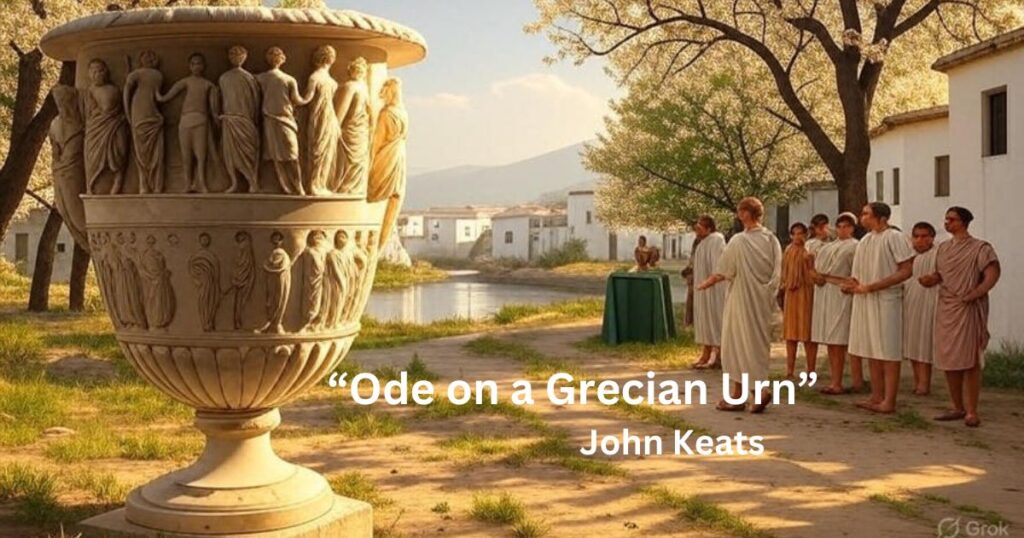Understanding “Adonais”: Shelley’s Tribute to Keats
Introduction- Imagine losing a fellow artist whose brilliance you deeply admired—someone cut down in the prime of life. This is the heartbreak that drove Percy Bysshe Shelley to write “Adonais” in 1821, one of the most beautiful elegies in English literature. This 495-line poem mourns John Keats, who died at just 25 from tuberculosis. Shelley, […]
Understanding “Adonais”: Shelley’s Tribute to Keats Read More »


